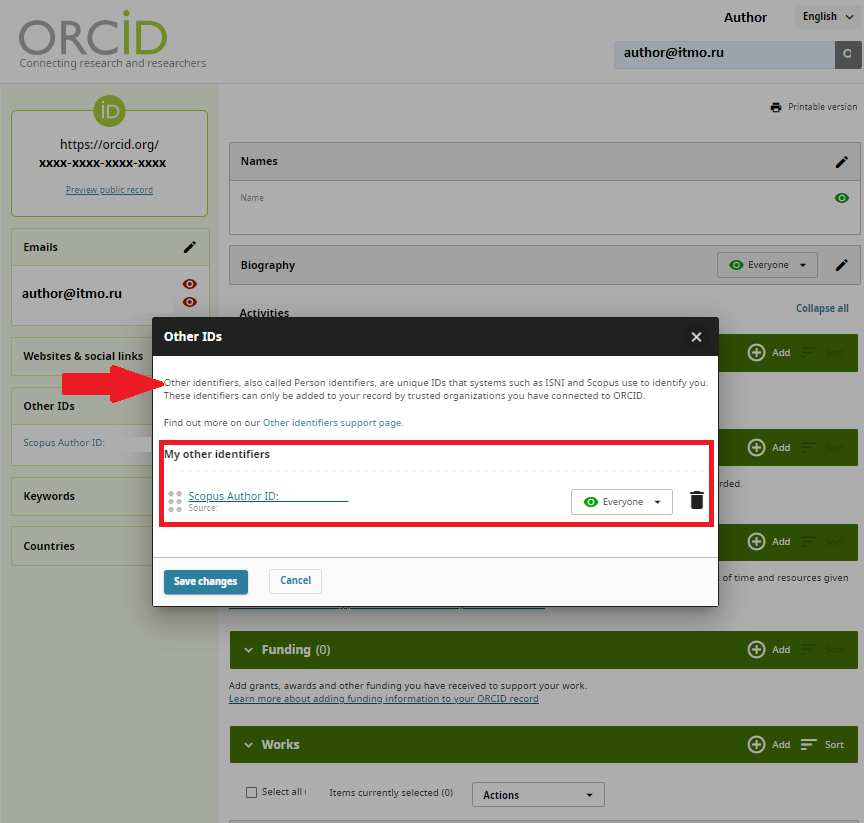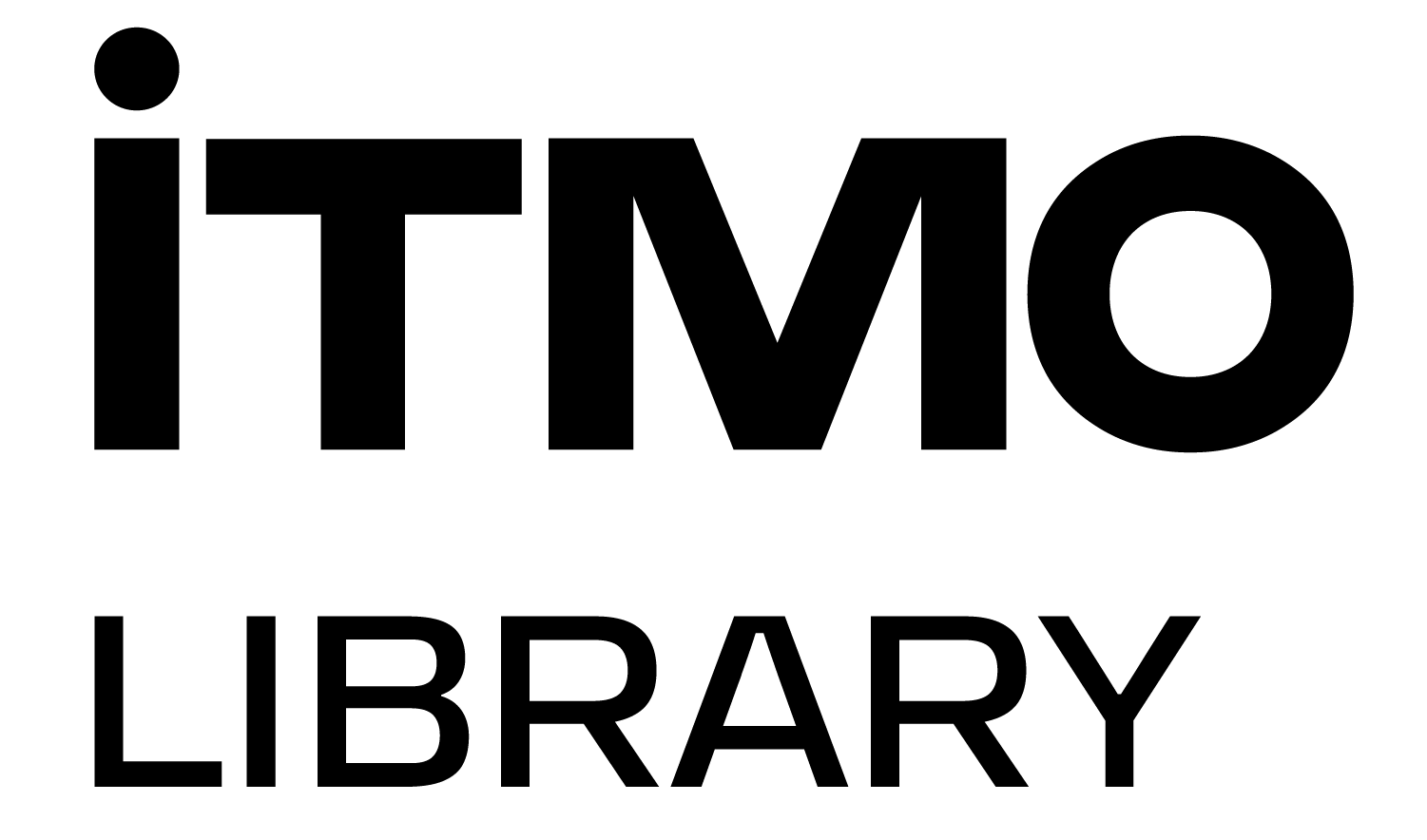Earlier, we wrote about the importance of author identifiers (вставить ссылку на статью Author's profile in Scopus: main functions) used in the scientific community, such as Scopus Author ID (вставить ссылку на статью How to edit your Scopus Author Profile) and SPIN-code in eLIBRARY (вставить ссылку на статью Author's profile in eLIBRARY).
In the message below we will discuss ORCID. It is one of the largest projects of author identifiers.
What is ORCID and why would scientists want to register?
ORCID, or Open Researcher and Contributor ID, is a non-patented alphanumeric code, which provides a unique researcher identification.
ORCID was created as a result of collaboration in the scientific community to address the situation when it is challenging to relate a paper unambiguously to a specific scholar. In fact, there may be some variation in the spelling of the author's name and initials. There are namesakes, transliteration, errors in indexing papers; the first and the last names may change; some cultural differences in the order of names may be misleading.
Why would you want to register:
- it helps accurately identify the authors of papers and attributes them ;
- it increases papers visibility and citation;
- publishers and scientific journals can automatically relate authors with their works and simplify publishing;
- it could be required when applying for grants and other forms of research funding.
Registration
You can get ORCID free of charge by registering on the official website.
After registration, you will receive a unique identifier which can be used when publishing articles, applying for grants, and composing the author's CV. ORCID is a 16-digit number divided into four blocks. It is written in the format XXXX-XXXX-XXXX-XXXX. When registering, you receive both the ORCID identifier and the ORCID record in the following form: https://orcid.org/XXXX-XXXX-XXXX-XXXX, which directly provides access to your profile.

ORCID as a unique digital name links you to all the papers already published. The same ID can also be attributed to any papers published later.
The ORCID profile includes the first name, the last name, the current affiliation, the information about papers published and projects implemented. It is possible to add some other biographical data, some information on professional activities or grants received, links to personal web resources, and other details.
The main advantage of ORCID is the opportunity for integration with other profiles of the author and social networks. For example, its settings allow adding automatically papers from Scopus Author ID and Researcher ID (WoS). This has become especially relevant in the current situation, when Scopus and Web of Science have limited viewing author profiles to the ten latest documents.




